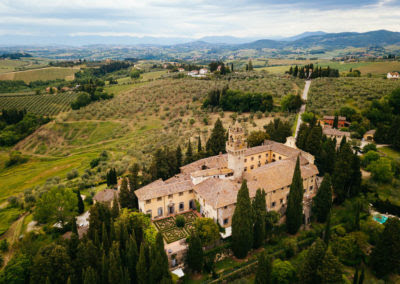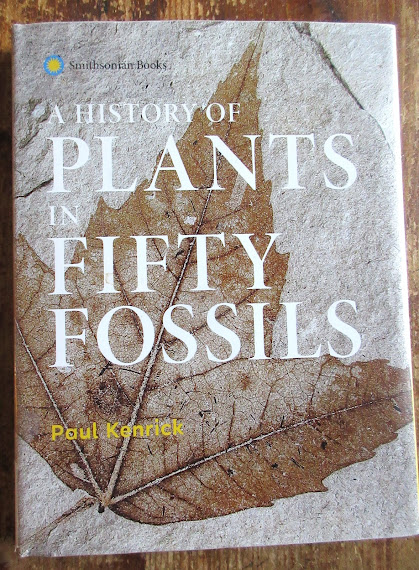Early in the month, I had a bit of a surreal experience. I was walking to a workshop in an unfamiliar neighbourhood halfway across town and came upon this gorgeous old apartment building. As I stood open-mouthed, a friendly passerby told me that it dated from the 1920s and had been built as temporary weekday housing for day labourers – who would commute from their (and my) east side Vancouver homes to log the dense forests of the land farther west.
That was surprising enough. Then I walked on and at the next corner – oh, my – when worlds collide!
Isn't he enchanting?
I could find no clues, nor friendly passers-by, to explain it – but it gave me food for thought along the lines of "East meets West." I've been planning to wrap up the Commedia dell'Arte series in the next while, and I'd been thinking that I hadn't really given Pantalon a fair shake.
He's a hometown boy of Venice – and in the annals of trade and travel, what more international, more East-facing city could there be? Remember the beautiful Teatro Italia in Venice, now renovated and bustling as a grocery chain store?
I decided to give Pantalon a full-page spread, standing in front of the Teatro in its glory days and finding someone unexpected around the corner. And who would that be? Following Italian explorers around the world is way more time-consuming than tracing the Commedia travelling players around Europe.
How about Marco Polo?
Remember the speculation, dear to our childhood, that he might have introduced spaghetti to Italy on return from his far-ranging travels to the East?
And we might as well forget Giovanni Caboti – John Cabot, who set sail under England's patronage, aiming for a new route to the East, and landed in Newfoundland.
You do have to wonder, though, if he returned from the "New World" with the culinary treat of Jigg's Dinner with Figgy Duff.
I was despairing of making an East-West match when I just happened to see another figure, famous in his own right, one of Japan's lasting gifts to the world. Not quite in step with Pantalon, he drew and then painted this image when he was 82 years old.
You probably know him as the creator the "The Great Wave."
He signed his self-portrait as Hokusai – the last in a series of names he used for himself, apparently changing his name as he developed his styles. Yes, a renowned (revered!) Japanese artist would be a great surprise, emerging around the corner of the Teatro Italia – and appropriate, too, since Japan has its own ancient theatre traditions. Masks have their part…
…and performances of classical (and contemporary) plays in theatres that carry on the traditions of elegant simplicity.
Here's the final encounter of Pantalon and Hokusai.
Should we call it, "When Worlds Collide"? No, let's stick with the original concept, "East Meets West" (Commedia Series, copyright 2024).
Doors, windows, masks, corners – who knows what's behind them, what might come next?




























